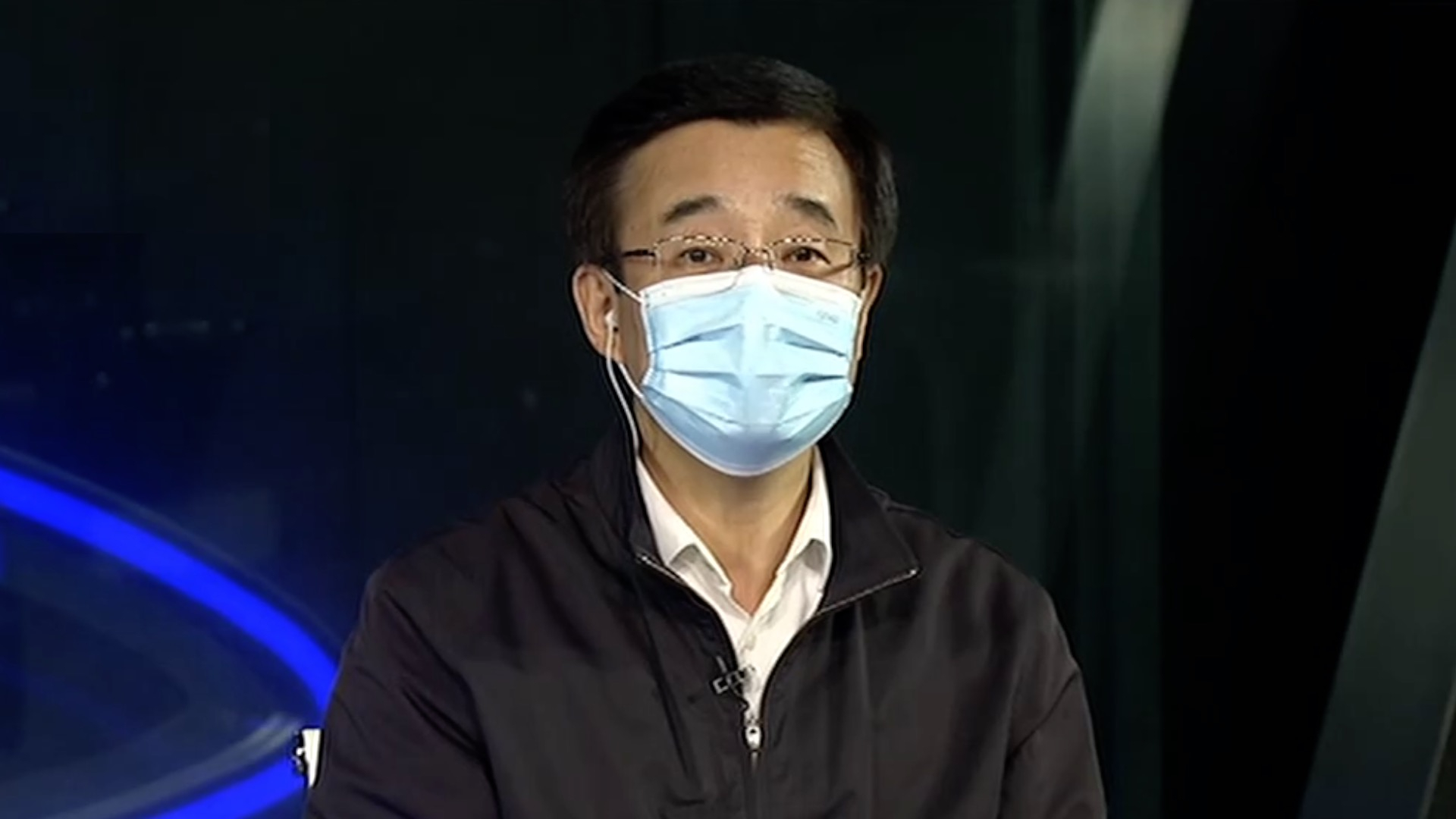It's possible that the novel coronavirus pneumonia could be a chronic disease that persists for a long period of time like influenza, said Wang Chen, a Chinese respiratory expert and vice president of the Chinese Academy of Engineering, in an exclusive CCTV interview on Wednesday evening.
SARS, though highly transmissible and lethal, is relatively short-lived and unlikely to sustain transmission among humans, as the virus kills its host and thus has nowhere to survive. The novel coronavirus has the possibility of being much more enduring and could coexist with humans like the flu, said Wang.
01:11

"We should be prepared for that," said Wang. Corresponding arrangements for the disease should be made to its epidemic and biological laws and taking measures in both clinical treatment and in life and work.
"The most powerful way to prevent and control the disease must come from scientific research, the understanding of scientific laws and the development of technologies," said Wang.
Injured lungs can be recovered
"The limited observations suggest that the impaired lung of novel coronavirus patients can recover, even fully recover," said Wang, adding that it needs further and longer-term observation. "Don't get overly worried about that."
Discovery and treatment of asymptomatic patients
"The major method of detecting asymptomatic cases now is mainly by nucleic acid test, and we will also have antigen test and antibody test later, which are all effective means of screening out such cases," said Wang.
Methods in medical prevention, diagnosis and treatment will be developed with deepening understanding of the disease, in case the virus undergoes changes.
Increasing measures and drugs
There are more measures and drugs to treat the virus, but "all are in the exploratory stage," said Wang.
It is a new disease whose regularity is not yet well understood. "Though the treatment has become more pertinent and standardized, our understanding remains superficial, and the exploration of new drugs and therapies are still on an early stage," said the expert, calling for the respect for scientific procedures when promoting the research.